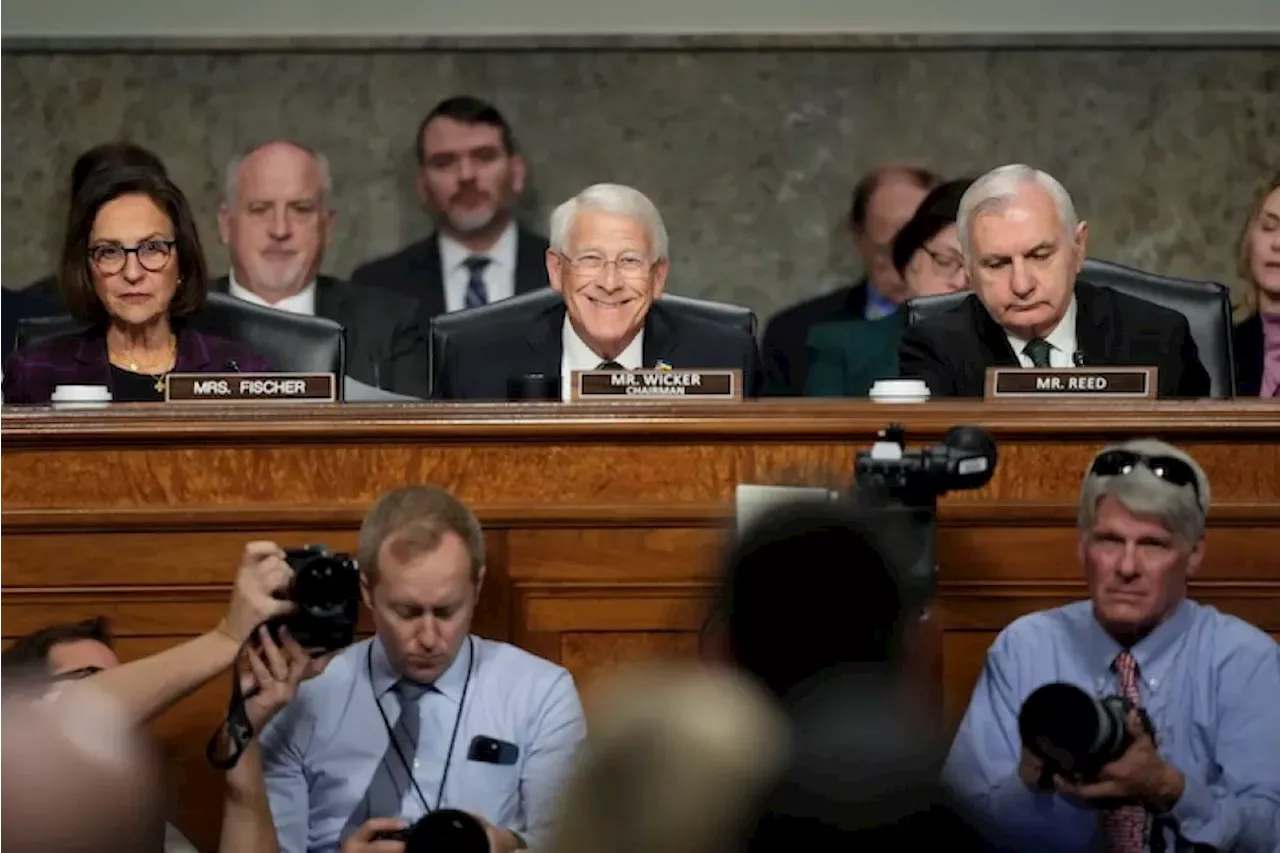UPDATE: A significant clash is unfolding in Washington as a Pentagon official admits to minimal consultation with Congress regarding critical defense policies. During a tense confirmation hearing, Alexander Velez-Green, a senior adviser to the undersecretary of war for policy, revealed that the Pentagon has not engaged with lawmakers on key issues such as the national defense strategy and the global force posture review.
This revelation comes amid escalating bipartisan criticism, with lawmakers expressing frustration over the Pentagon’s lack of communication in shaping defense policies under the new administration. In a statement, Velez-Green confirmed, “I’m not aware that there has been formal consultations with Congress on the national defense strategy,” igniting a firestorm of discontent among senators.
Senate leaders, including Dan Sullivan, have voiced concerns that the Pentagon’s policy office appears to operate independently, undermining coordinated efforts with the executive branch. “Members of this committee are in regular contact with people inside the executive branch… We hear that the Pentagon policy office seems to be doing what it pleases without coordinating,” Sullivan stated, highlighting a growing sense of distrust.
The urgency of this situation is amplified by the ongoing debates surrounding U.S. troop deployments, particularly in the context of recent military actions in Iran and Israel. Senators have pointed to decisions made without congressional input, raising alarms that the Pentagon may not align with the president’s broader agenda.
Velez-Green, who is up for nomination as the deputy undersecretary of defense for policy, pledged to enhance communication with Congress if confirmed. However, Senate Chairman Roger Wicker remarked that such a commitment would necessitate a “change in mindset” within the Pentagon.
The hearing also touched on the controversial pause in military aid to Ukraine earlier this year. Velez-Green and another nominee, Austin Dahmer, faced scrutiny over statements made by Sean Parnell, the Pentagon’s spokesman, regarding the complexities surrounding aid delivery, which has become a point of contention.
As this situation develops, all eyes will be on the Pentagon’s response to these criticisms and whether they will implement the changes necessary to restore trust with lawmakers. The fallout from these hearings is expected to reverberate through Congress, potentially impacting future defense strategies and military funding.
Stay tuned for further updates as this story continues to unfold.







